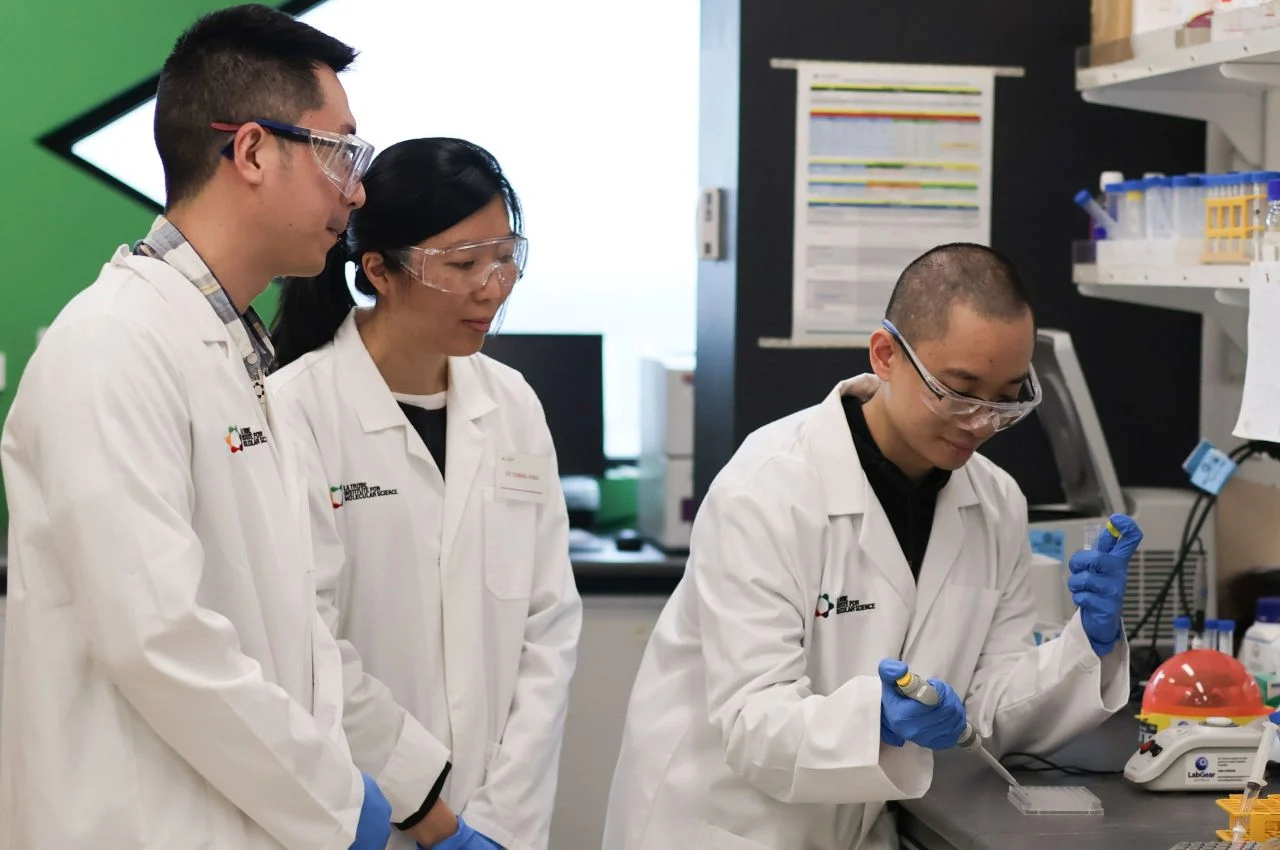The Faculty of Social Sciences is a dynamic and interdisciplinary academic institution dedicated to understanding human behavior, societies, and the complex interactions that shape our world. By studying the social, cultural, economic, and political dimensions of human life, this faculty plays a crucial role in addressing pressing global challenges and fostering a more just, equitable, and sustainable future. From psychology to political science, the Faculty of Social Sciences equips students with the knowledge and skills to analyze, interpret, and influence the world around them.
The Importance of Social Sciences
Social sciences are essential for understanding the complexities of human societies and the challenges they face. They provide insights into how individuals, communities, and institutions interact, and they offer solutions to issues such as poverty, inequality, conflict, and environmental degradation. In an increasingly interconnected world, the social sciences help us navigate cultural differences, promote social justice, and build resilient communities.
Mission and Vision of the Faculty of Social Sciences
The Faculty of Social Sciences is committed to excellence in education, research, and community engagement. Its mission is to:
- Educate Critical Thinkers: Provide students with a deep understanding of social theories, research methods, and real-world applications.
- Advance Knowledge: Conduct innovative research that addresses societal challenges and contributes to academic scholarship.
- Promote Social Justice: Foster a commitment to equity, diversity, and inclusion in all aspects of teaching and research.
- Engage with Communities: Collaborate with local and global communities to create positive social change.
Key Disciplines and Programs
The Faculty of Social Sciences offers a wide range of disciplines and programs that cater to diverse interests and career aspirations. Some of the key disciplines include:
1. Psychology
Psychology explores the human mind and behavior, covering areas such as cognitive processes, developmental psychology, and mental health. This program prepares students for careers in counseling, research, and organizational psychology.
2. Sociology
Sociology examines the structure and dynamics of societies, focusing on issues such as social inequality, family dynamics, and urbanization. Students learn to analyze social trends and contribute to policy development.
3. Political Science
Political science studies governance, political systems, and international relations. This program equips students with the skills to analyze political behavior, public policy, and global affairs.
4. Economics
Economics explores the production, distribution, and consumption of goods and services. Students learn to analyze economic systems, develop policies, and address issues such as poverty and unemployment.
5. Anthropology
Anthropology investigates human cultures, societies, and evolution. This program emphasizes fieldwork and ethnographic research, providing insights into cultural diversity and human history.
6. Communication Studies
Communication studies focus on the role of media, technology, and communication in society. Students explore topics such as journalism, public relations, and digital media.
7. Social Work
Social work prepares students to support individuals, families, and communities in overcoming challenges such as poverty, addiction, and mental health issues. This program emphasizes practical skills and ethical practice.
Research and Innovation
The Faculty of Social Sciences is at the forefront of research that addresses critical societal issues. Its research centers and initiatives focus on areas such as:
- Social Inequality: Studying the causes and consequences of inequality and developing strategies to promote social justice.
- Environmental Sustainability: Exploring the social dimensions of environmental challenges and advocating for sustainable practices.
- Global Health: Investigating the social determinants of health and developing interventions to improve well-being.
- Conflict Resolution: Analyzing the root causes of conflict and promoting peacebuilding and reconciliation.
- Digital Society: Examining the impact of technology on society, including issues related to privacy, misinformation, and digital inclusion.
State-of-the-Art Facilities
The Faculty of Social Sciences provides students with access to state-of-the-art facilities that enhance their learning and research experiences. These include:
- Research Labs: Equipped with tools for data analysis, experiments, and qualitative research.
- Library Resources: Access to extensive collections of books, journals, and digital resources.
- Community Engagement Centers: Spaces for collaboration with local organizations and community members.
- Simulation Labs: Facilities for practicing skills in areas such as counseling and conflict resolution.
Collaborations and Partnerships
The Faculty of Social Sciences collaborates with a wide range of organizations to ensure that its programs and research have a real-world impact. These partnerships include:
- Government Agencies: Working with policymakers to develop evidence-based solutions to societal challenges.
- Non-Governmental Organizations (NGOs): Partnering with NGOs to address issues such as poverty, education, and human rights.
- International Organizations: Collaborating with entities such as the United Nations and the World Health Organization on global initiatives.
- Academic Institutions: Engaging in joint research projects and exchange programs with universities worldwide.
Career Opportunities for Social Sciences Graduates
Graduates of the Faculty of Social Sciences are well-prepared for a wide range of careers in both the public and private sectors. Some of the key career paths include:
- Social Services: Roles in counseling, social work, and community development.
- Public Policy: Positions in government, think tanks, and advocacy organizations.
- Research and Academia: Opportunities to conduct research and teach at universities and research institutions.
- Media and Communication: Careers in journalism, public relations, and digital media.
- International Development: Working with organizations to address global challenges such as poverty, health, and education.
The Future of Social Sciences
As the world continues to evolve, the Faculty of Social Sciences is committed to staying at the forefront of societal change by:
- Embracing interdisciplinary approaches to address complex global challenges.
- Leveraging technology to enhance research and teaching.
- Promoting diversity, equity, and inclusion in all aspects of its work.
- Engaging with communities to create meaningful and sustainable impact.
Conclusion
The Faculty of Social Sciences is more than just an academic institution; it is a hub of knowledge, innovation, and social impact. By equipping students with the skills and insights to understand and address societal challenges, the faculty is shaping the next generation of leaders, thinkers, and change-makers. Whether you’re passionate about understanding human behavior, advocating for social justice, or influencing public policy, the Faculty of Social Sciences offers the perfect platform to turn your aspirations into reality.



